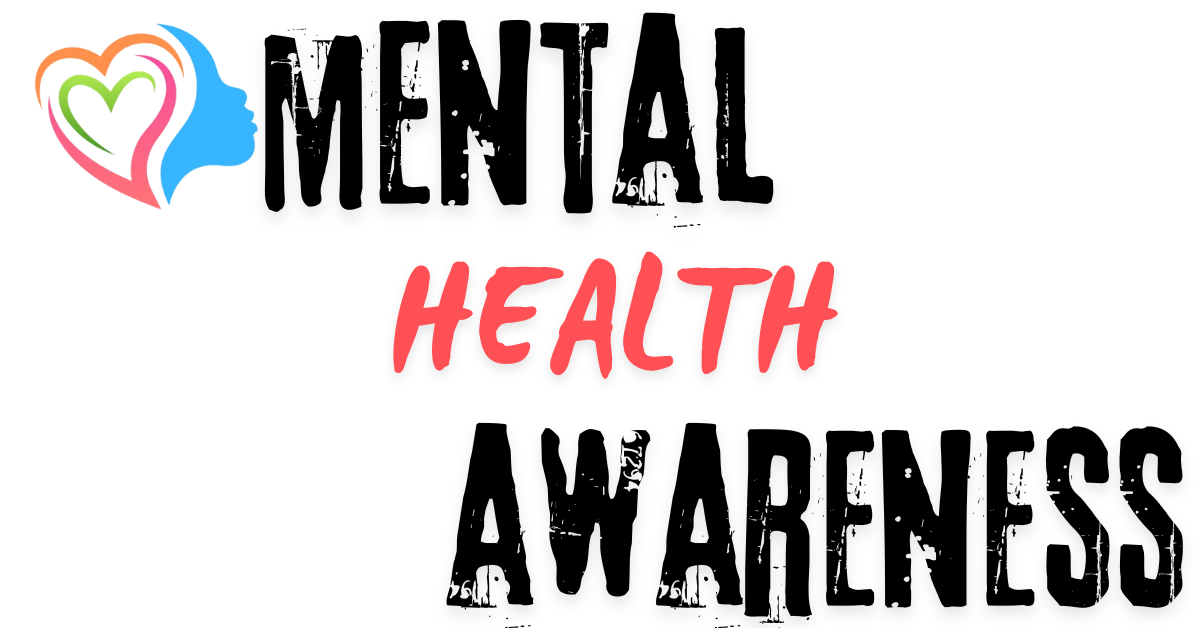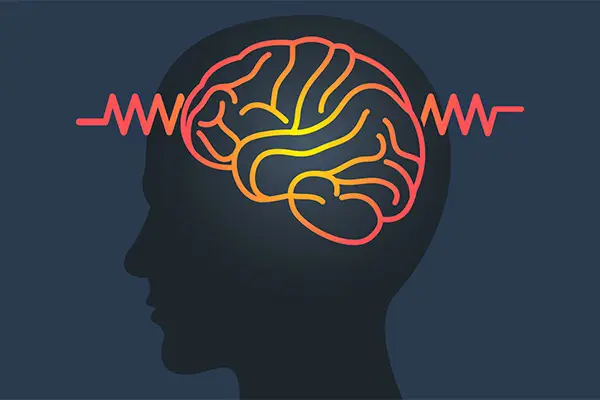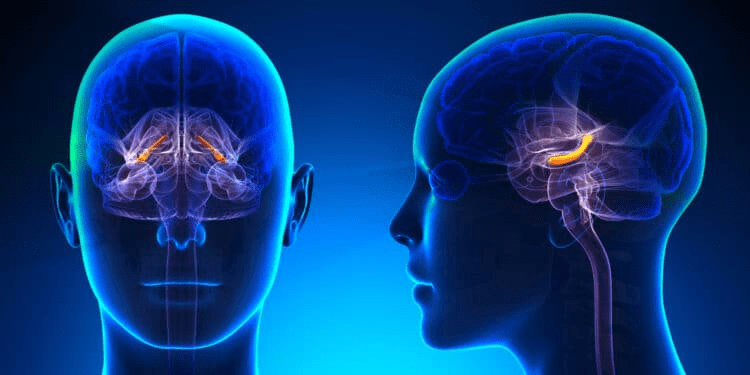
Mental health awareness has gained significant traction in recent years, emphasizing the importance of understanding, supporting, and managing mental health issues. As we navigate through a world increasingly focused on mental well-being, it’s crucial to explore how mental health impacts our lives, recognize common problems, understand their causes, and discover effective ways to improve mental health. This article delves into these aspects and highlights the role of education and technological innovations in mental health support.
What is Mental Health Awareness?
Mental health awareness refers to the recognition and understanding of mental health issues, including their prevalence, symptoms, and treatments. It involves promoting knowledge and reducing stigma surrounding mental health conditions. By raising awareness, we aim to encourage open discussions, increase support for those affected, and foster an environment where mental health is prioritized alongside physical health.
How Does Mental Health Impact Life?
Mental health profoundly influences various aspects of life, including emotional well-being, relationships, and daily functioning. Poor mental health can lead to decreased quality of life, affecting one’s ability to work, engage in social activities, and maintain relationships. Conditions like anxiety and depression can hinder personal growth and productivity, while severe disorders such as bipolar disorder can significantly alter an individual’s life trajectory.
What Are Common Mental Health Problems?
Several common mental health problems affect millions worldwide. These include:
- Depression: Characterized by persistent sadness, loss of interest, and fatigue.
- Anxiety Disorders: Including generalized anxiety disorder, panic disorder, and social anxiety.
- Bipolar Disorder: Marked by extreme mood swings, including manic and depressive episodes.
- Obsessive-Compulsive Disorder (OCD): Involving repetitive thoughts and behaviors.
- Post-Traumatic Stress Disorder (PTSD): Resulting from exposure to traumatic events.
Recognizing these conditions is the first step in seeking help and managing symptoms effectively.
What Causes Mental Health Problems?
Mental health problems can arise from a complex interplay of factors. Common causes include:
- Genetics: Family history of mental health disorders can increase susceptibility.
- Biological Factors: Imbalances in brain chemicals and hormones may contribute to mental health issues.
- Environmental Stressors: Trauma, abuse, and significant life changes can trigger mental health problems.
- Lifestyle Factors: Poor diet, lack of exercise, and substance abuse can impact mental well-being.
- Psychological Factors: Persistent stress, negative thought patterns, and unresolved conflicts can lead to mental health challenges.
What Are the Signs of Mental Health Problems?
Identifying the signs of mental health problems is crucial for early intervention. Common signs include:
- Changes in Mood: Persistent sadness, irritability, or mood swings.
- Altered Sleep Patterns: Insomnia or excessive sleeping.
- Changes in Appetite: Significant weight loss or gain.
- Social Withdrawal: Avoiding social interactions and activities once enjoyed.
- Difficulty Concentrating: Trouble focusing on tasks or making decisions.
- Substance Abuse: Increased use of alcohol or drugs as a coping mechanism.
If these signs are present and persistent, seeking professional help is important.
Stigma Around Mental Health: Breaking the Silence
One of the major barriers to addressing mental health issues is the stigma associated with them. Many people fear judgment or discrimination, which can prevent them from seeking help. Breaking the silence involves challenging stereotypes, educating others about mental health, and creating supportive environments. Initiatives such as public awareness campaigns and mental health education in schools can play a crucial role in reducing stigma and encouraging individuals to seek help without fear.
What Are 5 Ways to Improve Mental Health?
Improving mental health involves adopting healthy practices and seeking support. Here are five effective ways to enhance mental well-being:
- Regular Exercise: Physical activity can boost mood and reduce stress.
- Healthy Eating: A balanced diet supports overall health and can positively impact mental well-being.
- Mindfulness and Meditation: Practices like mindfulness can help manage stress and improve emotional regulation.
- Social Connections: Building and maintaining strong relationships can provide support and reduce feelings of isolation.
- Professional Help: Seeking therapy or counseling can provide valuable tools and strategies for managing mental health challenges.
The Role of Education in Mental Health Awareness
Education plays a vital role in mental health awareness by providing information about mental health conditions, their symptoms, and available treatments. Schools, workplaces, and communities benefit from mental health education programs that promote understanding and early intervention. By integrating mental health education into curricula and training, we can equip individuals with the knowledge and skills to recognize and address mental health issues effectively.
Technological Innovations in Mental Health Support
Technological advancements have introduced innovative solutions for mental health support. Key innovations include:
- Teletherapy: Online therapy platforms offer accessible and convenient mental health services.
- Mental Health Apps: Applications designed to support mental well-being, such as mood trackers and meditation guides.
- Virtual Reality (VR) Therapy: VR tools can help individuals confront and manage anxiety and PTSD symptoms.
- Artificial Intelligence (AI) Tools: AI-driven chatbots and diagnostic tools provide preliminary support and mental health assessments.
These technologies enhance access to mental health care and provide new ways to support and manage mental well-being.
Conclusion
Mental health awareness is essential for fostering a supportive and informed society. By understanding the impact of mental health, recognizing common problems, and addressing stigma, we can create a more compassionate world. Embracing effective strategies to improve mental health, leveraging educational initiatives, and adopting technological innovations will pave the way for better mental health outcomes for all.







1 thought on “Understanding Mental Health Awareness: Impact, Challenges, and Innovations”
Comments are closed.